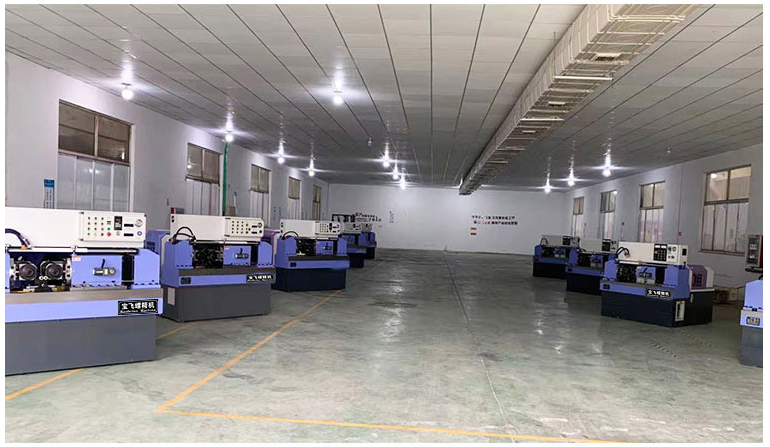
-
 Afrikaans
Afrikaans -
 Albanian
Albanian -
 Amharic
Amharic -
 Arabic
Arabic -
 Armenian
Armenian -
 Azerbaijani
Azerbaijani -
 Basque
Basque -
 Belarusian
Belarusian -
 Bengali
Bengali -
 Bosnian
Bosnian -
 Bulgarian
Bulgarian -
 Catalan
Catalan -
 Cebuano
Cebuano -
 Corsican
Corsican -
 Croatian
Croatian -
 Czech
Czech -
 Danish
Danish -
 Dutch
Dutch -
 English
English -
 Esperanto
Esperanto -
 Estonian
Estonian -
 Finnish
Finnish -
 French
French -
 Frisian
Frisian -
 Galician
Galician -
 Georgian
Georgian -
 German
German -
 Greek
Greek -
 Gujarati
Gujarati -
 Haitian Creole
Haitian Creole -
 hausa
hausa -
 hawaiian
hawaiian -
 Hebrew
Hebrew -
 Hindi
Hindi -
 Miao
Miao -
 Hungarian
Hungarian -
 Icelandic
Icelandic -
 igbo
igbo -
 Indonesian
Indonesian -
 irish
irish -
 Italian
Italian -
 Japanese
Japanese -
 Javanese
Javanese -
 Kannada
Kannada -
 kazakh
kazakh -
 Khmer
Khmer -
 Rwandese
Rwandese -
 Korean
Korean -
 Kurdish
Kurdish -
 Kyrgyz
Kyrgyz -
 Lao
Lao -
 Latin
Latin -
 Latvian
Latvian -
 Lithuanian
Lithuanian -
 Luxembourgish
Luxembourgish -
 Macedonian
Macedonian -
 Malgashi
Malgashi -
 Malay
Malay -
 Malayalam
Malayalam -
 Maltese
Maltese -
 Maori
Maori -
 Marathi
Marathi -
 Mongolian
Mongolian -
 Myanmar
Myanmar -
 Nepali
Nepali -
 Norwegian
Norwegian -
 Norwegian
Norwegian -
 Occitan
Occitan -
 Pashto
Pashto -
 Persian
Persian -
 Polish
Polish -
 Portuguese
Portuguese -
 Punjabi
Punjabi -
 Romanian
Romanian -
 Russian
Russian -
 Samoan
Samoan -
 Scottish Gaelic
Scottish Gaelic -
 Serbian
Serbian -
 Sesotho
Sesotho -
 Shona
Shona -
 Sindhi
Sindhi -
 Sinhala
Sinhala -
 Slovak
Slovak -
 Slovenian
Slovenian -
 Somali
Somali -
 Spanish
Spanish -
 Sundanese
Sundanese -
 Swahili
Swahili -
 Swedish
Swedish -
 Tagalog
Tagalog -
 Tajik
Tajik -
 Tamil
Tamil -
 Tatar
Tatar -
 Telugu
Telugu -
 Thai
Thai -
 Turkish
Turkish -
 Turkmen
Turkmen -
 Ukrainian
Ukrainian -
 Urdu
Urdu -
 Uighur
Uighur -
 Uzbek
Uzbek -
 Vietnamese
Vietnamese -
 Welsh
Welsh -
 Bantu
Bantu -
 Yiddish
Yiddish -
 Yoruba
Yoruba -
 Zulu
Zulu
Innovative Solutions for Enhancing Thread Rolling Machine Performance and Efficiency
Understanding Thread Rolling Machines and Their Importance in Manufacturing
Thread rolling machines play a crucial role in the manufacturing industry, predominantly in the production of fasteners and other threaded components. These machines use a process known as cold forming, where metal is reshaped under high pressure to create threads, ensuring precision and strength in the final products. In this article, we will delve into the workings of thread rolling machines, their advantages, applications, and future trends.
The Mechanism of Thread Rolling Machines
Thread rolling machines operate by feeding a metal blank or rod into a set of rolling dies. As the machine applies pressure, the metal flows into the shape of the dies, creating the desired thread profile. This process can be categorized into three primary types reciprocating, planetary, and rotary. Each type has unique applications based on the size and type of threading required.
Reciprocating thread rolling works by moving the dies back and forth around the workpiece, while planetary rolling uses rotating dies that orbit the workpiece. Rotary rolling is characterized by the continuous rotation of the dies along the length of the blank, which is particularly efficient for long runs and high-volume production.
Advantages of Thread Rolling
One of the significant advantages of thread rolling machines is their ability to produce threads with great precision and consistency. Since the process involves cold working, the material experiences a work hardening effect, which enhances its mechanical properties. Components produced through thread rolling are typically stronger than those made by traditional cutting methods, such as threading by lathe, due to the absence of cutting forces that can weaken the material.
Additionally, thread rolling is a highly efficient method of production. The process usually generates less waste and can produce high volumes of parts in a shorter period. Given its speed and efficiency, many manufacturers in the automotive, aerospace, and machinery industries have adopted thread rolling technology to meet their production demands.
thread rolling machine product

Applications Across Industries
The applications of thread rolling machines are vast, ranging from the production of screws and bolts to more specialized components used in various machinery. In the automotive industry, for example, threaded fasteners are essential in assembling engines and transmission systems. Similarly, in the aerospace sector, every component must meet stringent safety and performance standards, making the high precision of thread rolling indispensable.
Other applications include medical devices, electronics, and construction equipment, where reliable fasteners are critical. The versatility of thread rolling machines allows them to accommodate different materials, including steel, aluminum, and brass, making them suitable for a wide range of manufacturing needs.
Future Trends and Innovations
As the manufacturing industry increasingly embraces automation and smart technology, thread rolling machines are also evolving. Modern machines are equipped with advanced software and sensors that allow for real-time monitoring and processing optimization. This shift not only improves the quality of the manufactured threads but also reduces downtime and maintenance costs.
Moreover, as sustainability becomes a focal point in manufacturing, thread rolling machines contribute to reduced energy consumption and waste. The push for environmentally friendly practices is prompting manufacturers to seek out processes like thread rolling that are more resource-efficient.
Conclusion
In summary, thread rolling machines represent a significant advancement in the manufacturing process of threaded components. Their ability to produce high-strength, precise, and consistent parts positions them as a backbone in various industries. With ongoing innovations and a focus on efficiency, thread rolling technology is likely to continue its importance and relevance in the ever-evolving manufacturing landscape. As industries adapt to new standards and demands, the role of thread rolling machines will undoubtedly expand, fostering advancements that benefit both manufacturers and consumers alike.
